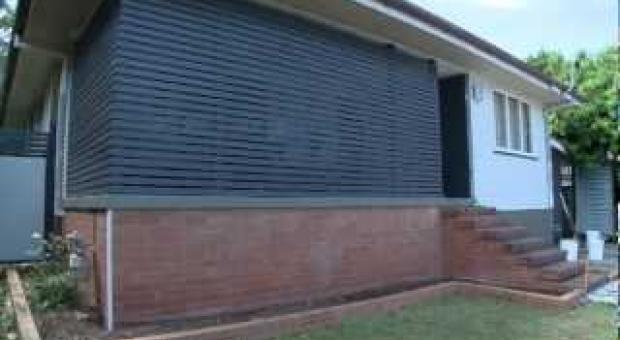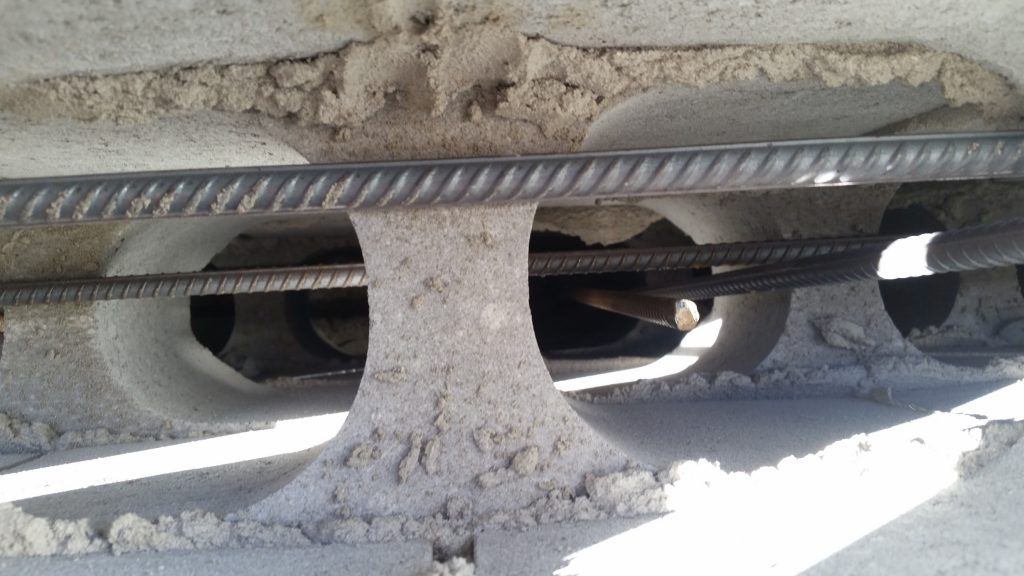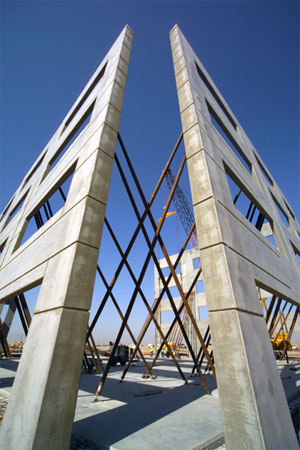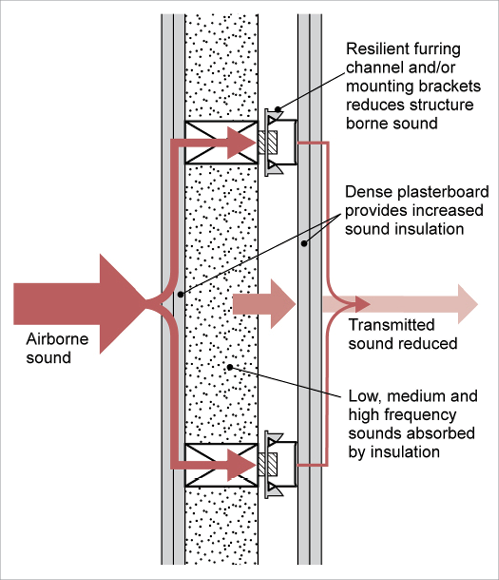Concrete Home Wall Thickness
Just like water.

Concrete home wall thickness. How it works in action. Our customers say it best. Any thickness greater than this no matter the material is excessive. There are some basic rules of thumb for foundation wall thickness and these are outlined in many modern building codes.
While some of these homes use traditional concrete wall systems such as concrete masonry and concrete cast onsite in removable forms the most explosive growth is in the use of insulating concrete forms or icfs for building both foundation and above grade walls. Precast concrete homes 125mm thick solid concrete walls dry to 60mpa. What is the typical concrete basement wall thickness. The walls of this house are a combination of double brick and reverse brick veneer.
In reinforced concrete wall the percentage of steel provided is greater than 04 and is designed similar to reinforced concrete columns. These easy to erect stay in place forms are made of high density plastic foam and filled with fresh concrete and steel. As a result of the long history of building with cavity brick brick veneer and concrete blockwork in australia there is a huge body of knowledge and experience on standards and techniques for these construction systems. These can all be translated to real financial savings.
Buildability availability and cost. They are also extremely stable resisting any damage from floods earthquakes and ground movement. This creates an incredibly strong waterproof wall that is resistant to bushfires and white ants. One of my foremen once asked me if we needed more form ties in a 24 thick wall versus a 12 thick wall.
The taller the wall the thicker it must be. Joints between panels must also meet the appropriate frps. When planning the thickness of foundation walls. Concrete when being placed is liquid.
Utilising dincel load bearing walls in building designs can result in reduced concrete slab thickness and steel in floor slabs and transfer levels resulting in less material labour and waste. Add an extra 4 inches for each additional 70 feet in height. Effective concrete wall thickness of 80mm achieves a 60 minute frp and a solid 150mm thick panel achieves a 180 minute frp. As far as standard building materials are concerned masonry walls tend to be the thickest and the maximum recommended thickness for walls up to 70 feet high is 12 inches.
Holding up under pressure. In general poured concrete basement walls that are 8 feet tall or less and have no more than 7. Certified data on the performance of proprietary sealants should be provided by the sealant manufacturer.






